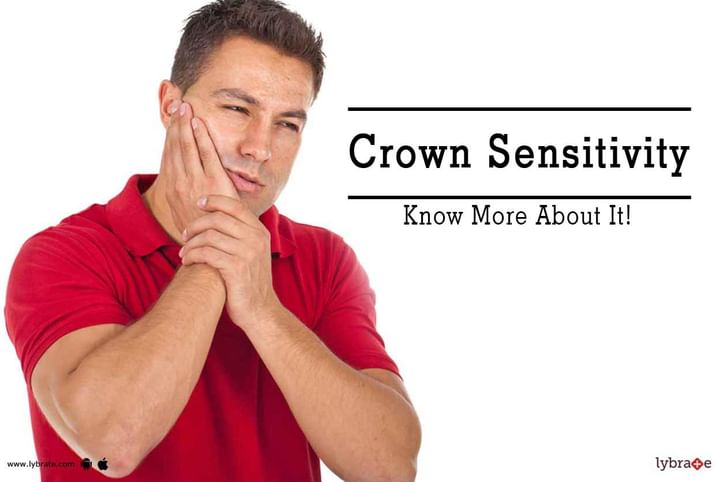Crown Sensitivity - Know More About It!
Losing a tooth to infection (decay) or trauma can be a painful experience. Imagine that you are in a dental chair and just got a new tooth or a bridge fitted. It is a joyous experience, almost like a newfound lease of life, to be able to eat better and look better.
However, even after a few days to a week, you realize that the new crown is just not settling down completely. There is a constant sensitivity that exists and is not allowing you to enjoy the new tooth. There are various reasons that the new crown can be sensitive, some of them including:
- A high point - On the new crown, there could be small points that do not allow for a bite as earlier. This can lead to sensitivity and minor jaw discomfort.
- Improper fit with exposed dentin: This can happen at the neck area, where the crown is not fitting the tooth, leaving a small part of dentin exposed. This can lead to sensitivity once the crown is fixed in.
- Other decayed teeth: If there is a decayed tooth adjacent to the crown, it could be confusing and sometimes difficult to pinpoint the exact area.
If it persists for more than a week, check with your dentist on the following:
- Severity of decay: The extent of decay in the first place should be considered, especially if you have had a crown as a result of extensive tooth decay. If it was involving a large portion of the dentin, the changes of having sensitivity are high, even after crown placement. In these cases, there could be a silent abscess which may never manifest as symptoms but can cause a gnawing sensitivity issue with each bite.
- Area of decay: Root caries and cervical caries are more prone to have sensitivity compared to the crown of the tooth. The enamel layer in these areas is thin and the chances of dentinal involvement is high. The rate at which the decay will reach the pulp and cause pain is also higher.
- Type of dental treatment: If extensive metal work is done, the sensitivity might last longer than a week, which is the norm.
- Triggering factors: Make a note of what triggers the sensitivity, hot, cold or sweets.
Management: As mentioned, expect the sensitivity with your new crown to last for up to a week. In some cases, it may be longer, depending on, as noted above, the severity of the original decay, the area, triggers, etc.
While some cases may be managed with a small trim of the crown, some may need the crown to be re-fitted, and some may even require re-treating the tooth completely.



+1.svg)
